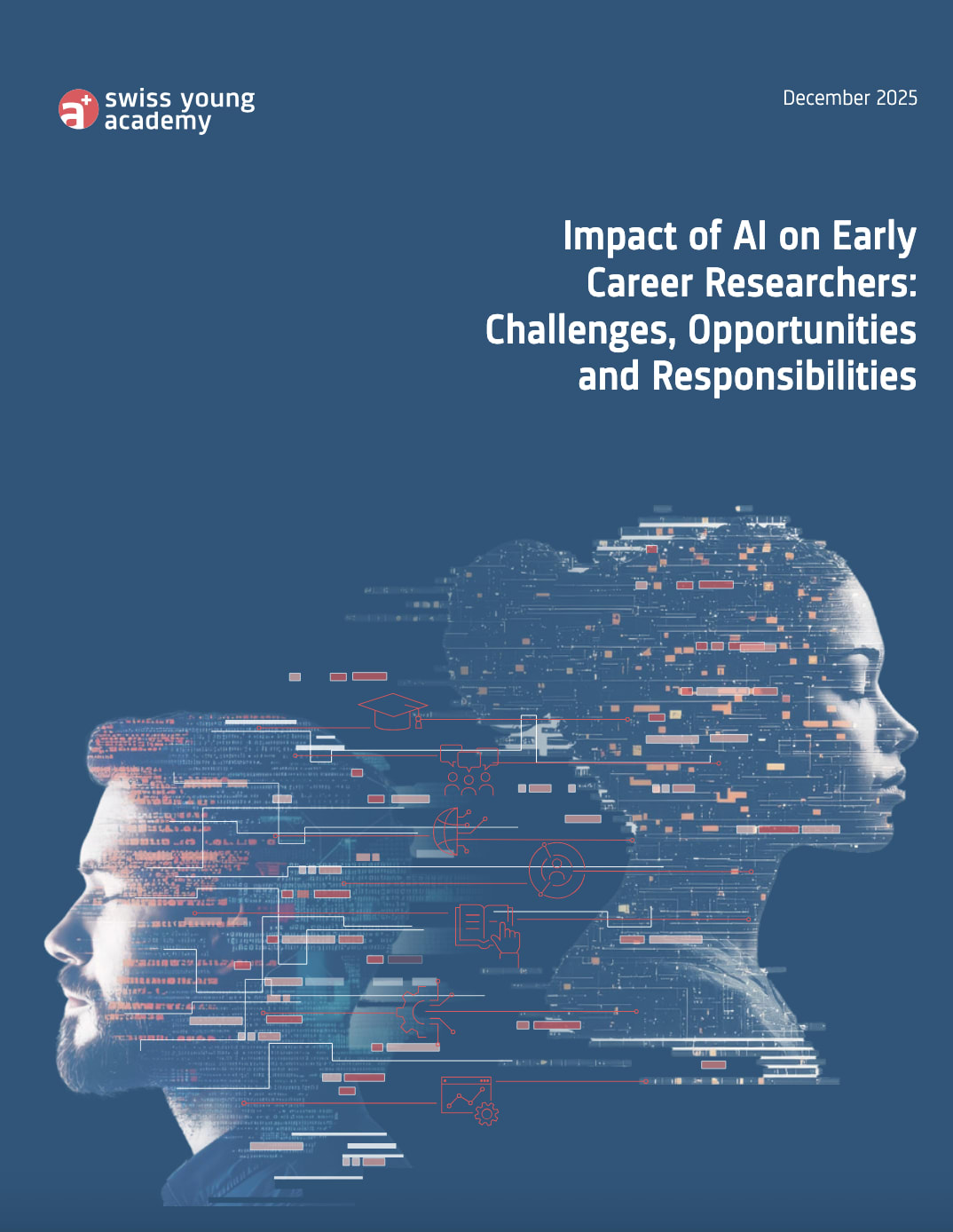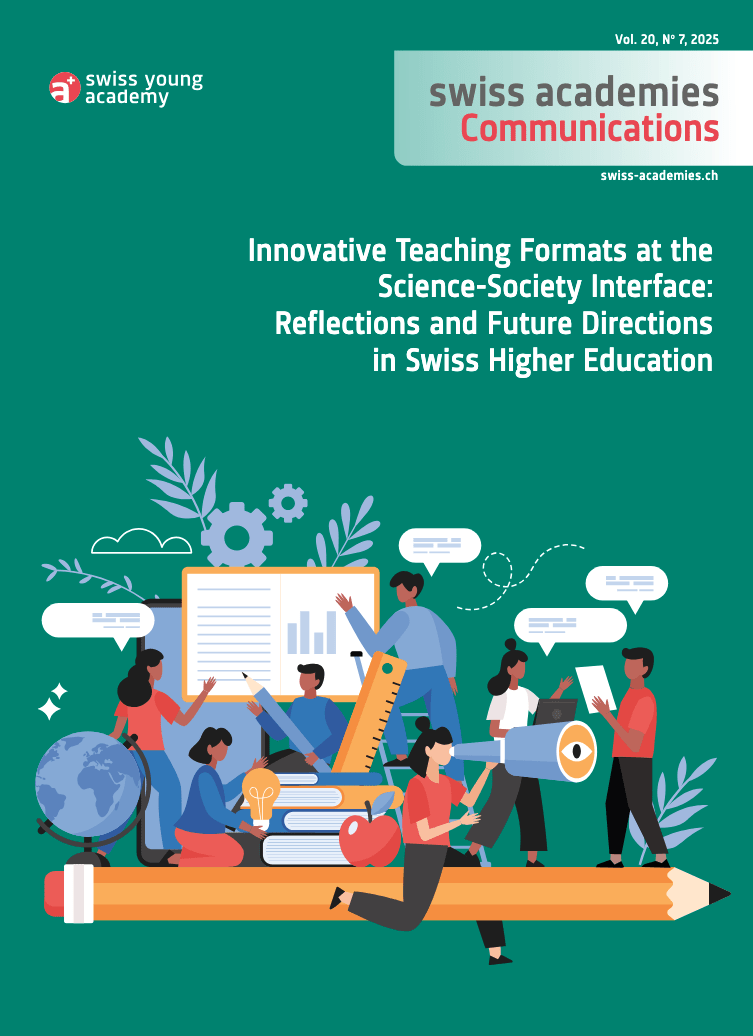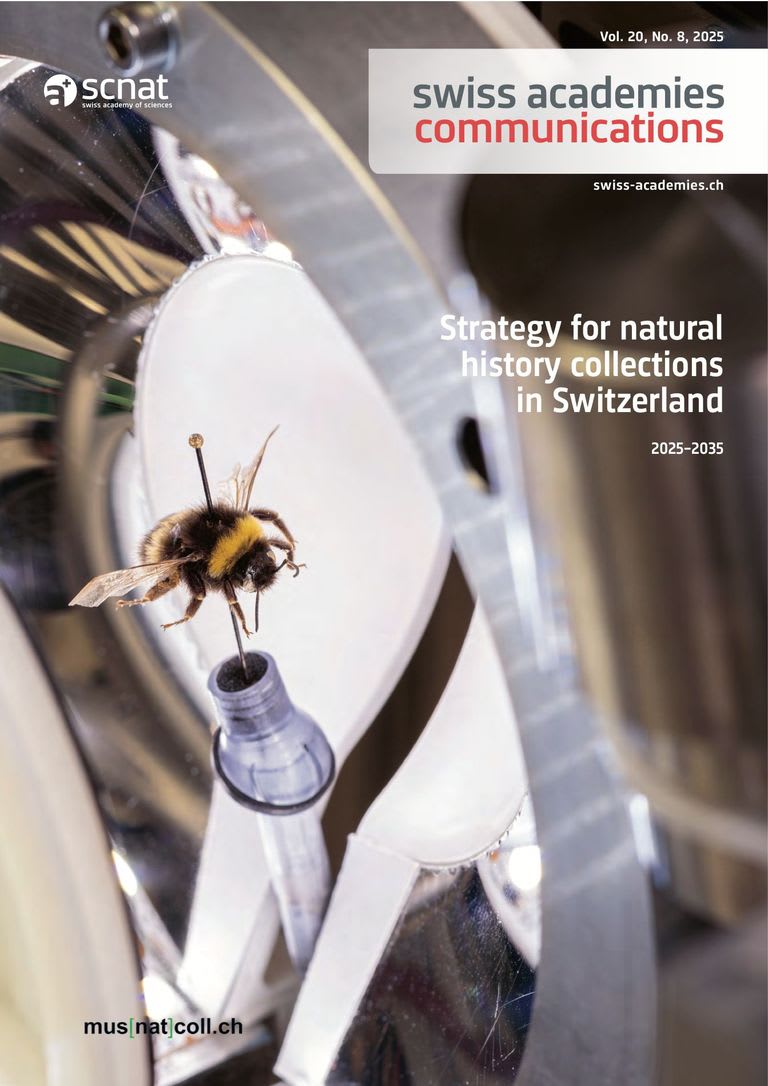Swiss Academies of Arts and Sciences
Very large research infrastructures: policy issues and options
Good practices for the establishment of Very Large Research Infrastructures (VLRI), options for improving their operation and strategic considerations: this is the contents of a new OECD report for managers, funders and decision-makers.
The report was produced by an OECD Global Science Forum (GSF) expert group that reviewed more than 60 VLRI and conducted stakeholder interviews. Delegated by the Swiss Academies of Arts and Sciences, astrophysicist Willy Benz from the University of Bern co-chaired the group.
VLRI are unique, complex undertakings with a strong international dimension. However, evolutions in the political, socio-economic and scientific context challenge their planning and management. As Willy Benz notes: «Budgetary constraints and expectations to meet sustainable development goals are driving the need for VLRI to demonstrate impact beyond the production of world-class science: socio-economic returns, talent and skills development, capacity building, outreach are some examples ».
The Global Science Forum provides senior science policy officials of OECD member countries a venue for consultations with the objective to support improving science policies of these countries and share in the benefits of international collaboration.




